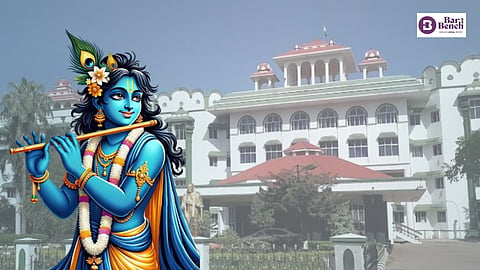The Madras High Court recently criticised the Tamil Nadu Police for mechanically closing a criminal case registered over a Facebook post which contained vulgar captions alongside an image of Lord Krishna stealing clothes from gopis (female devotees) [P Paramasivan v. Inspector of Police]

